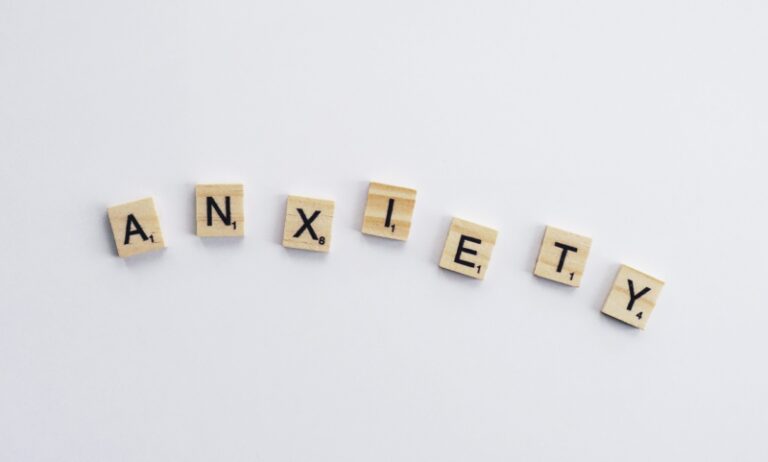4 Reasons You’re Making Bad Decisions and What to Do About It
In our humanness, we’ve all had those uh-oh moments where we look back and say, “What was I thinking?” Maybe you skipped right over a deadline to watch a Netflix series in its entirety, overshared at your neighbor’s recent dinner party, or bought something ridiculously expensive (but completely unnecessary) on a whim. These questionable decisions aren’t signs of deep-seated issues—they’re just part of being perfectly imperfect. However, when bad decisions become frequent or lead to imbalance, it’s worth digging a little deeper. Let’s explore four reasons behind bad decisions stemming from codependency and how to pivot toward healthier patterns.
Fearing Rejection
Codependent individuals often make decisions driven by a deep fear of losing relationships. Their fear of rejection looks like saying yes to things they don’t want, staying in unhealthy situations, or sacrificing their own well-being to keep someone else happy.
Example: Agreeing to host an elaborate family holiday dinner because it’s what your spouse wants despite feeling overwhelmed and exhausted. (See our blog: How Family Therapy for Holiday Stress Can Help Women Navigate the Season)
A Desire to Please
The need for external validation can cause codependent individuals to prioritize others’ opinions over their own judgment. They will typically make decisions that aren’t authentic or in their best interest.
Example: Choosing that career path to make the parents proud rather than choosing it based on personal passion or goals.
Difficult Boundary Setting
Codependency makes it hard to say no or establish limits, often leading to overcommitment or being taken advantage of—a slippery slope that can eventually lead to burnout and resentment.
Example: Committing to extra work at your job, even when it’s overwhelming, to avoid letting your boss down.
Feeling Responsible for Others
Those who struggle with codependency have a tendency to believe it’s their duty to fix or manage others’ emotions. Unfortunately, they can easily lose sight of their needs during the process.
Example: Taking on the emotional burden of cheering up a friend every time they’re upset, even when it disrupts your own plans or well-being.
Healing Codependency to Halt Bad Decisions
Stopping bad decisions in their tracks isn’t about perfection—it’s about progress and healing. Codependency is sneaky, but it doesn’t define you. You’re allowed to reclaim your peace and make choices that honor your needs. Here’s how to start:
- Pause and Reflect: Before saying yes, ask yourself, “Am I doing this out of love or fear?”
- Set Gentle Boundaries: Saying no doesn’t make you selfish—it makes you whole.
- Seek Support: Talk to your therapist or trusted friend who can guide you.
- Celebrate Small Wins: You’re breaking the cycle every time you prioritize yourself, and that’s something to applaud.
Along with these imperative steps, starting (or continuing) therapy is central to healing codependency. A therapist will help you understand the root of your patterns, process emotional wounds, and build healthier ways of relating to yourself and others. Therapy offers the tools and support to reclaim your autonomy and peace, and our therapists provide compassionate guidance to help you make empowered decisions.
You’re worthy of decisions that feel good to your soul. Let healing guide you and contact our Intake Coordinator at 949-236-1990 or intakes@lisaeatontherapy.com. You can also learn more over at our Get Started Page.







